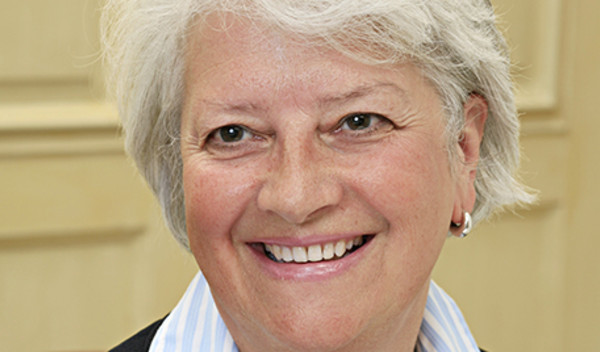

This year marks both 30 years since the Big Bang – the deregulation of the City of London – and the founding of the Institute of Business Ethics.
The Big Bang radically changed the way the London Stock Exchange operated, doing away with much of what was seen by critics as an ‘old boys’ network’ and internationalising London’s financial markets. Yet for all of Big Bang’s benefits, 1986 marked a more subtle change which has had a far-reaching affect on how business is done.
As a corporate treasurer in the 1980s, my job, dealing with banks, was all based on relationships. I was dealing with big sums, but I knew my counter-parties. We trusted each other, and it was important to us to maintain that trust.
But by the mid 1990s, banking was becoming about short-term transactions. Like a long-distance love affair, the long-term commitment had been lost, and replaced with impersonal occasional transactions. Trust still existed, but it didn’t have the deep foundations as previously.
The move away from relationships to transactions also changed the very nature of the financial products being developed. Previously simple products were augmented with extra features until they became so complex that they were difficult to explain and so difficult to understand.
This fundamental change – from the simple to the complex – and compounded by the lack of personal responsibility, led to the misselling scandals we are still feeling the repercussions of today, both in retail and wholesale markets.
1986 symbolises the beginning of a global trend. The Big Bang changed how the City was regulated, but it also made it easier to hide behind regulation. Yet ethics starts where the law ends. Because you no longer personally knew your counter-party, you were able to simply tick the compliance box, without any qualms as to whether what you were doing was the right thing.
The business people who founded the IBE foresaw the ethical implications for business of a globalised world, with technological advances developing at a faster and faster pace. They were concerned that the replacement of long-term relational business with a greater emphasis on short-term transactions would erode the City’s tenet of ‘my word is my bond’.
As a result they established the IBE as a hub for discussion, research and practical advice to promote high standards of business behaviour based on ethical values.
Thirty years on and ethical business practice continues to be a challenge. The financial crisis unleashed a blitz of regulation on the banking and financial sector, but this seems to have achieved little, even the staggering level of fines seem to be a ‘cost of doing business’ in the public’s eye. Regulation will not solve an issue that is really one about culture and trust, because the very need to regulate implies a lack of trust.
What we need to do is find a way of transforming the culture in banks – and the corporate sector more generally – so that they actually need less rather than more regulation. Regulators are now talking about principles-based regulation, and the FRC has a review into culture through their Culture Coalition currently underway.
They are all acknowledging that what is important is the way business is done, not simply what is achieved. Putting relationships back into business, acknowledging that actions have an effect, may be one way to do this.
Philippa Foster Back CBE, director, Institute of Business Ethics





